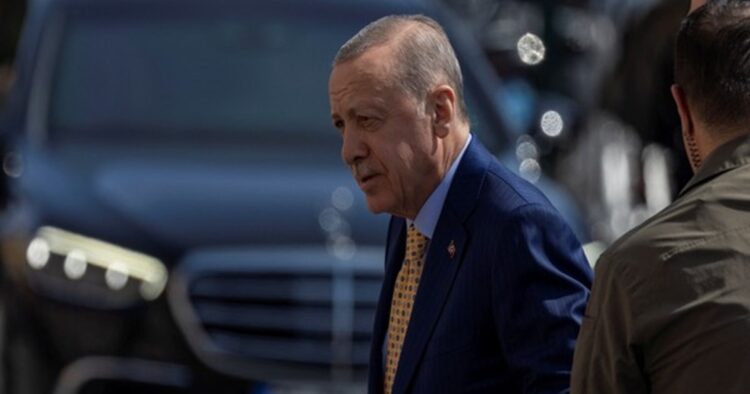In a significant electoral upset, Turkish President Tayyip Erdogan and his AK Party faced a significant defeat in the nationwide local elections held on Sunday. The results reaffirmed the opposition’s strength and solidified Istanbul Mayor Ekrem Imamoglu as Erdogan’s primary political rival.
Imamoglu secured a commanding lead of 10 percentage points in the mayoral race in Istanbul, Turkey’s largest city, while the Republican People’s Party (CHP) retained control of Ankara and gained 15 other mayoral seats across the country.
The outcome marked Erdogan’s and the AK Party’s most significant electoral setback in their more than two decades in power, potentially signaling a shift in Turkey’s political landscape. Erdogan acknowledged the result as a “turning point” in a post-midnight address to the nation.
Analysts attribute Erdogan and AKP’s poorer-than-expected performance to factors such as soaring inflation, dissatisfaction among Islamist voters, and Imamoglu’s appeal extending beyond the CHP’s traditional secular base.
Imamoglu, hailed as a likely presidential challenger, declared victory, stating that the message from the nation was clear. He emphasized that the citizens of Istanbul had sent a powerful message to both their rivals and the president.
Erdogan, who campaigned vigorously ahead of the elections, acknowledged his alliance’s nationwide decline and pledged to heed the voters’ message. He promised to rectify any mistakes and address shortcomings in the coming years.
The defeat extended beyond Istanbul, as other key cities like Ankara witnessed resounding victories for opposition candidates, further underscoring Erdogan’s waning popularity and the opposition’s resurgence.
Despite initial predictions of a close contest in Istanbul and potential losses for the CHP nationwide, the final results indicated a significant lead for Imamoglu and an overall advantage for the opposition.
Mert Arslanalp, a political science professor, described the outcome as Erdogan’s “severest election defeat” since assuming power in 2002, highlighting Imamoglu’s ability to bridge deep socio-political divisions within Turkey’s opposition electorate.
The economic strain, characterized by high inflation and sluggish growth, emerged as a decisive factor influencing voters’ choices. Many Turks expressed a desire for change, with Imamoglu emerging as the de facto opposition figure challenging Erdogan.
Imamoglu’s re-election victory, despite the collapse of the opposition alliance, underscores his widespread appeal and political acumen. His ability to garner support across diverse demographics positions him as a formidable challenger to Erdogan’s regime.
The election also witnessed violence in some regions, including clashes resulting in casualties. However, amidst the turmoil, the electoral process proceeded, delivering a clear message of discontent with the ruling party’s policies and leadership.

















Comments